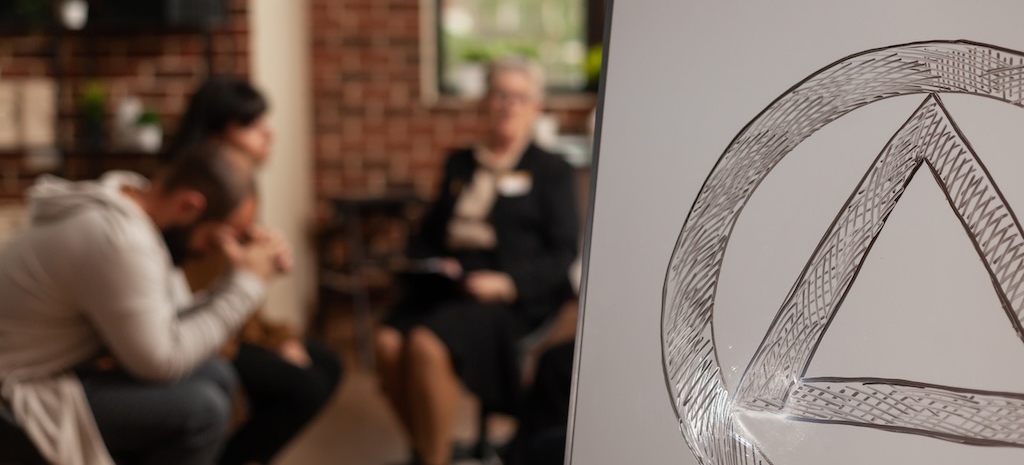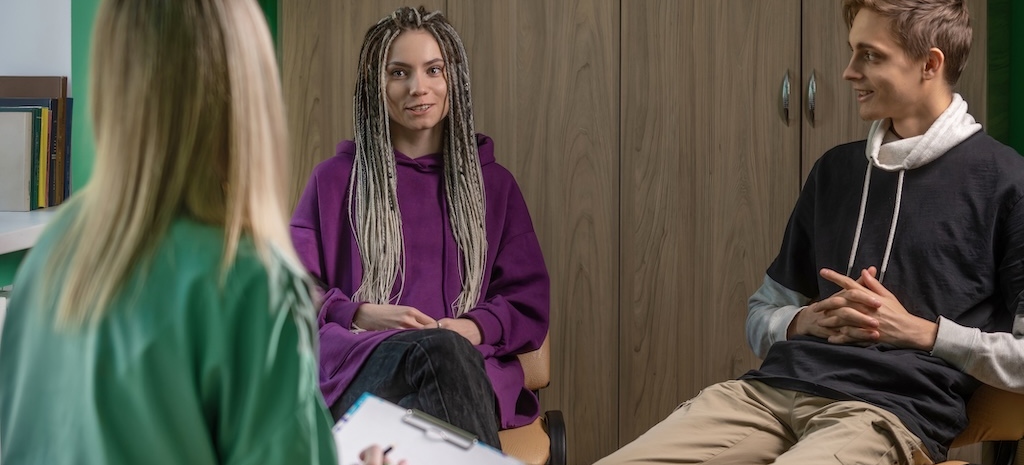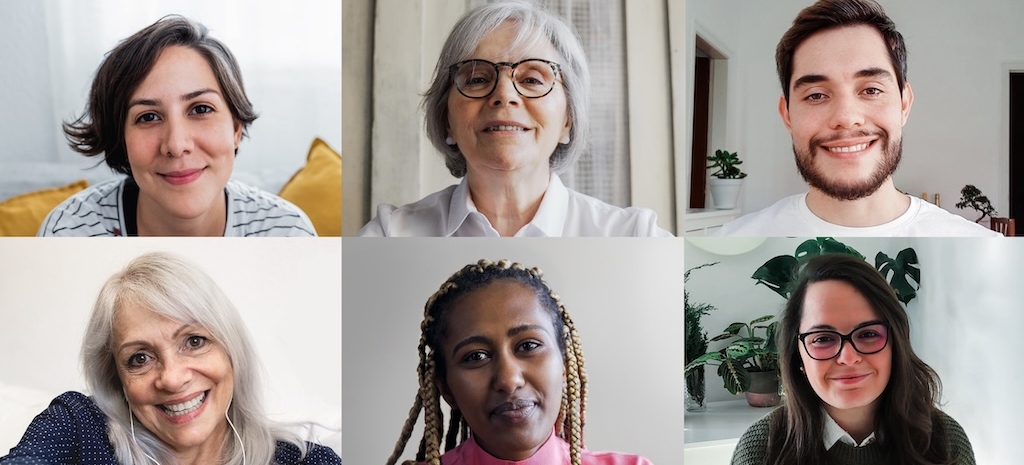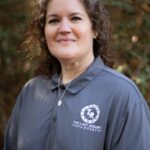Addiction doesn’t just impact the person struggling with substance use—it sends ripples through the entire family, affecting parents, spouses, children, and even close friends. Watching a loved one battle addiction can bring feelings of helplessness, frustration, and deep emotional pain. But families do not have to navigate this difficult journey alone.
Support groups for family members of addicts provide a space to share experiences, gain insights, and find healing alongside others facing similar struggles. These groups foster understanding, strengthen relationships, and promote long-term recovery for the individual in treatment and their loved ones.
If you or a loved one is looking for a rehab that offers a comprehensive, structured family therapy and support program, The Last Resort is here to help.
Why Families Need Support During a Loved One’s Recovery Journey
When addiction takes hold of a family member, it often leads to patterns of dysfunction, stress, and miscommunication. Many families struggle with enabling behaviors, co-dependency, and emotional burnout, all of which can make healing even more challenging.
Studies have shown that family involvement in treatment enhances treatment engagement, improves recovery outcomes, and reduces relapse rates[1].
At The Last Resort Recovery Center, we understand the importance of integrating the family into the treatment experience. Our Family Program is designed to provide education, support, and guidance for those affected by a loved one’s substance use disorder. Whether through family therapy sessions or virtual workshops, we aim to help families rebuild trust, set healthy boundaries, and foster resilience in the recovery journey.
Al-Anon: A Lifeline for Families

One of the most well-known support groups for families of addicts and alcoholics is Al-Anon. Founded in 1951, Al-Anon follows a 12-step model similar to Alcoholics Anonymous (AA) but is tailored to the unique struggles of those affected by someone else’s drinking[2].
Al-Anon Offers:
- A supportive, non-judgmental environment where members can share their experiences.
- Guidance on setting boundaries and detaching with love.
- Practical tools for self-care and emotional well-being.
- Worldwide meetings, both in-person and online.
For parents, Alateen is a subgroup of Al-Anon specifically for teenagers who have been impacted by a loved one’s alcohol or drug use[3].
Many who attend Al-Anon find comfort in knowing they are not alone. Additionally, studies show that the insights and coping strategies gained from these meetings often lead to healthier relationships, improved resilience, and enhanced functioning and well-being[4].
Additional Support Groups for Families of Addicts
While Al-Anon is one of the most recognized support groups, several other options are tailored to different needs and experiences.
1. Nar-Anon
Similar to Al-Anon, Nar-Anon is designed for the family members and friends of those struggling with drug addiction[5]. Meetings provide a safe space to process emotions, gain insight into addiction, and find healthy ways to support a loved one without enabling harmful behaviors.
2. Families Anonymous (FA)
Families Anonymous is a 12-step fellowship for those with loved ones affected by substance abuse or behavioral health issues[6]. FA meetings focus on breaking cycles of co-dependency and helping families develop a stronger sense of self.
3. SMART Recovery Family & Friends
Unlike the 12-step approach, SMART Recovery Family & Friends is a science-based program that teaches techniques grounded in cognitive behavioral therapy (CBT) and motivational interviewing[7]. This approach helps families learn how to support their loved ones without falling into enabling patterns.
4. GRASP (Grief Recovery After a Substance Passing)
For families who have lost a loved one to addiction, GRASP offers a compassionate support network[8]. These meetings provide healing resources and an opportunity to connect with others who have experienced similar loss.
How Family Support Improves Recovery Outcomes

Research shows that family involvement in addiction treatment significantly improves recovery outcomes[1]. When families engage in counseling and support groups, it can lead to:
- Higher treatment retention rates for the person in recovery.
- Reduced risk of relapse due to stronger support systems.
- Healthier family dynamics, including improved communication and boundary-setting.
- Better emotional and mental health for family members.
A study found that family therapy and counseling improve treatment engagement and improve long-term sobriety and mental well-being for both the individual and their loved ones [1]. Despite this, many treatment programs fail to incorporate structured family involvement, leaving families feeling disconnected from the recovery process.
Family Support at The Last Resort Recovery Center
At The Last Resort Recovery Center, we recognize that addiction affects the entire family unit. We offer a comprehensive family program to help loved ones heal together.
1. Family Focus Day (On-Site)
Our Family Focus Day is a one-day in-person event held at our secluded ranch outside Austin, Texas. This day provides:
- Family therapy and education on addiction.
- Equine-assisted therapy– a powerful way to foster emotional connection and healing.
- Experiential therapy sessions that encourage self-reflection and growth.
- Workshops on communication and boundary-setting.
Families attending Family Focus Day often leave with renewed hope and a stronger understanding of their loved one’s journey.
2. Online Family Program
For families who can’t attend in person, our Online Family Program offers a two-day virtual workshop covering:
- Education on addiction and recovery.
- Skills for supporting a loved one without enabling.
- Self-care strategies for family members.
- Guidance on navigating post-treatment challenges.
3. Weekly Family Support Zoom Meetings
To ensure ongoing support, The Last Resort provides a free weekly Zoom meeting for family members. Led by licensed clinicians, these meetings offer continued guidance during and after treatment.
Finding Strength in Community

Addiction is a disease that thrives in isolation, but recovery happens in connection. Seeking support through groups like Al-Anon, Nar-Anon, and our family-focused programs, loved ones can find the strength they need to heal.
At The Last Resort Recovery Center, we are committed to helping families navigate the complexities of addiction with compassion, education, and expert guidance. Whether you join us in person or online, our compassionate team of mental health experts is here to support you and your loved one every step of the way.
If your family is struggling with a loved one’s addiction, don’t wait to seek support. Contact The Last Resort Recovery Center today to learn about our comprehensive family program.
References
[1] Hogue, A., Becker, S. J., Wenzel, K., Henderson, C. E., Bobek, M., Levy, S., & Fishman, M. (2021). Family involvement in treatment and recovery for substance use disorders among transition-age youth: Research bedrocks and opportunities. Journal of substance abuse treatment, 129, 108402. https://doi.org/10.1016/j.jsat.2021.108402
[2] Al-Anon Family Groups. (n.d.). Al-Anon Family Groups. Retrieved February 11, 2025, from https://al-anon.org/
[3] Al-Anon Family Groups. (n.d.). Teen Corner – Alateen. Retrieved February 11, 2025, from https://al-anon.org/newcomers/teen-corner-alateen/
[4] Corrigan, B. (2016). ‘A New Way to Live My Life’: How Al-Anon Influences Resilience: A Qualitative Account. Journal of Groups in Addiction & Recovery, 11(1), 42–58. https://doi.org/10.1080/1556035X.2015.1110740
[5] Nar-Anon Family Groups. (n.d.). Nar-Anon Family Groups. Retrieved February 11, 2025, from https://www.nar-anon.org/
[6] Families Anonymous. (n.d.). Families Anonymous, Inc. Retrieved February 11, 2025, from https://familiesanonymous.org/
[7] SMART Recovery. (n.d.). SMART Recovery Family & Friends. Retrieved February 11, 2025, from https://smartrecovery.org/family
[8] Grief Recovery After a Substance Passing (GRASP). (n.d.). GRASP Help. Retrieved February 11, 2025, from https://grasphelp.org/


